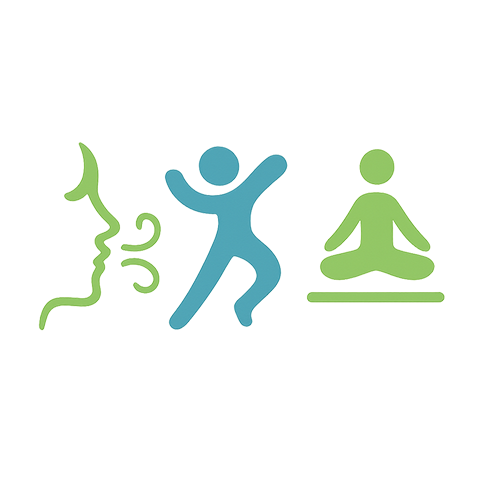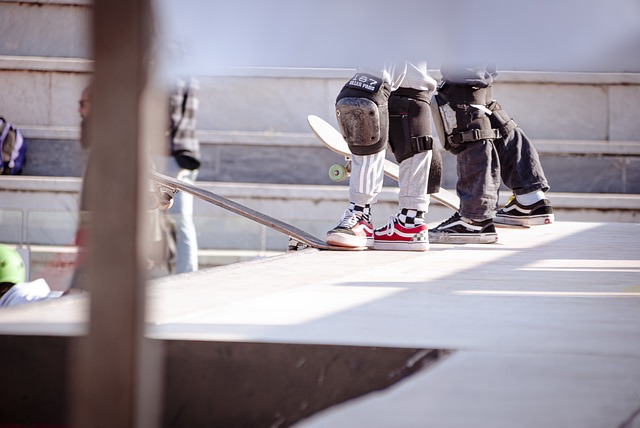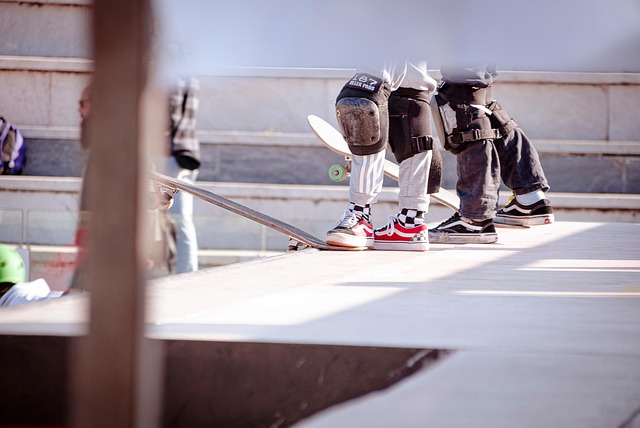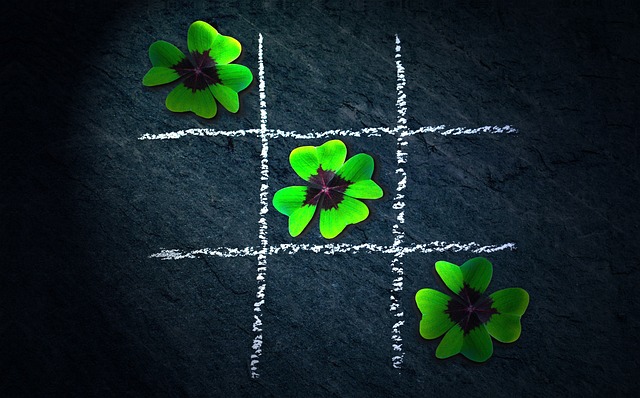Discovering the Ease of Relaxed Movement
In a world that often celebrates intensity, hustle, and pushing limits, there’s a refreshing beauty found in easing into our bodies with relaxed movement. Stretching routines don’t always have to be intense or rigid. Embracing a more gentle, mindful approach opens the door to a different kind of flexibility — one that is not only physical but also deeply calming for the mind.
The Art of Moving with Ease
Relaxed movement invites you to tune into your body’s natural rhythm without force or strain. Instead of aiming for maximum stretch or perfect posture immediately, it encourages a dialogue with your muscles, joints, and breath. This shift in perspective transforms stretching from a task into a nurturing practice.
Why Choose Relaxed Movement?
- Reduces Tension: When movement is relaxed, muscles release tension more effectively, paving the way for deeper, yet gentler stretches.
- Enhances Mind-Body Connection: Focusing on ease promotes awareness, helping you notice subtle sensations that often go unnoticed in hurried routines.
- Prevents Injury: By avoiding forced positions, relaxed movement reduces the risk of overstretching and strain, making your routine safer and more sustainable.
- Supports Mental Clarity: The soothing nature of relaxed movement helps calm the nervous system, aiding stress relief and mental clarity.
Incorporating Relaxed Movement into Your Routine
Start your stretching with slow, intentional movements — like gentle swings or soft reaches — and focus on breathing deeply and naturally. Allow your body to guide your stretches instead of following a rigid sequence. Remember, the goal is to listen and respond to what feels good rather than pushing through discomfort.
A New Relationship with Flexibility
Relaxed movement in stretching invites you to embrace your body with kindness and patience. It recognizes that flexibility is not just about how far you can stretch but how comfortably and effortlessly you can move. By weaving relaxed movement into your routine, you cultivate a practice where flexibility blossoms naturally, supported by ease rather than effort.



